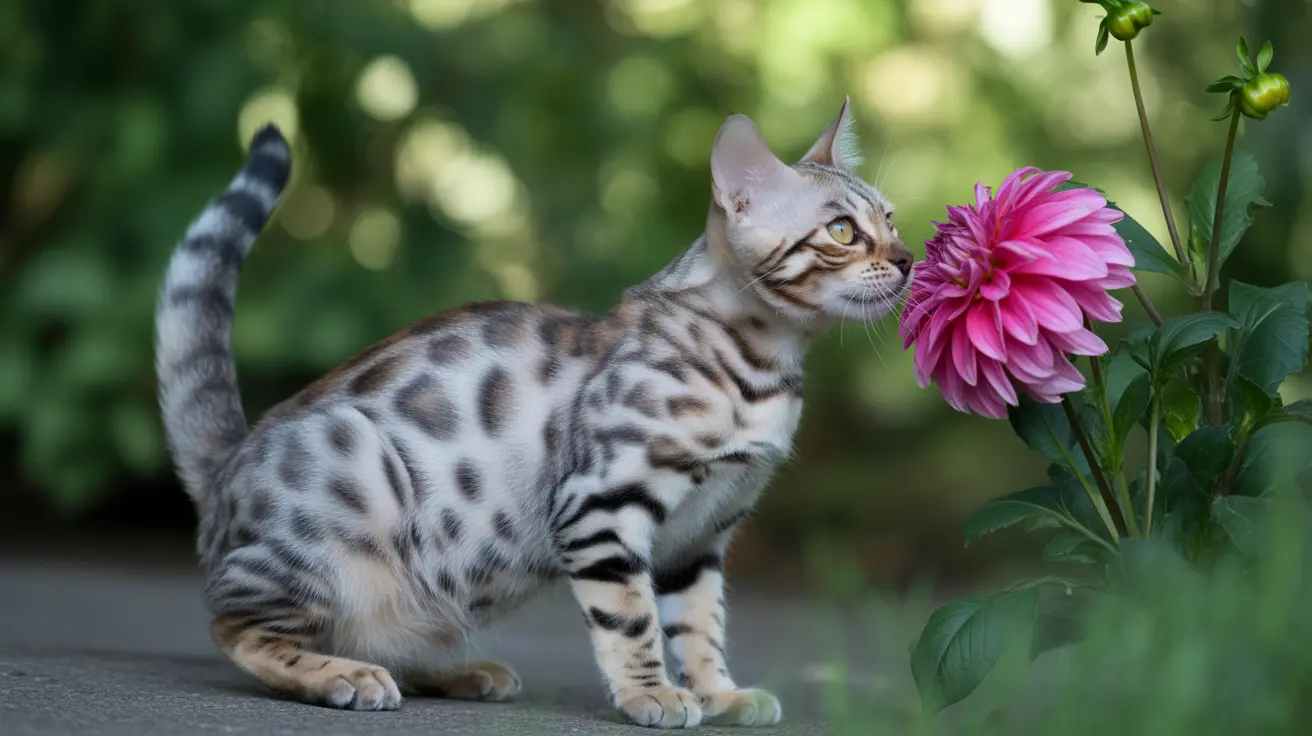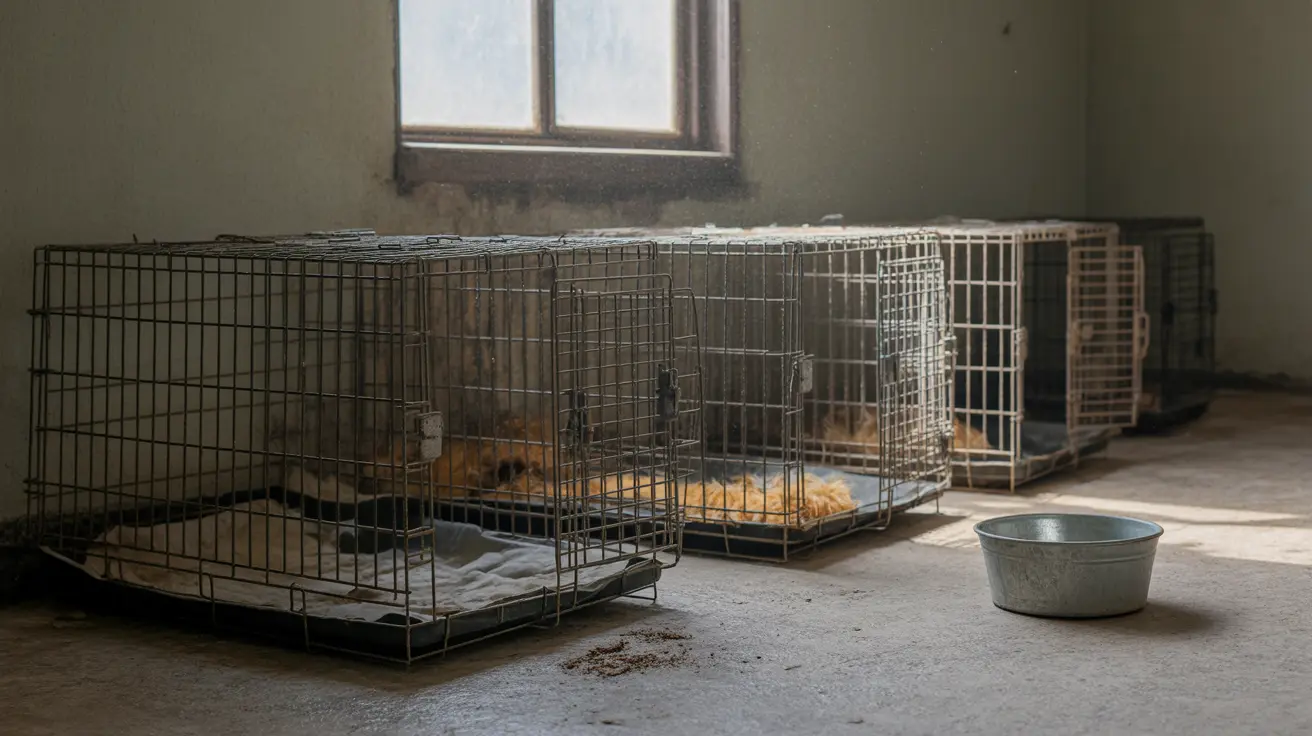As beautiful as dahlias are in gardens and flower arrangements, cat owners need to be aware of the potential risks these popular flowers pose to their feline companions. While not as lethal as some other common flowers, dahlias are classified as mildly to moderately toxic to cats, which raises important safety concerns for pet owners.
In this comprehensive guide, we'll explore everything you need to know about dahlia toxicity in cats, including symptoms to watch for, what to do if your cat encounters these flowers, and safer alternatives for your home and garden.
Understanding Dahlia Toxicity in Cats
Dahlias contain compounds that can be harmful to cats when ingested or through direct contact. While the specific toxic component hasn't been identified by researchers, veterinary experts and the ASPCA confirm that all parts of the dahlia plant - including flowers, stems, leaves, and tubers - can cause adverse reactions in cats.
The level of toxicity is considered mild to moderate, meaning that while rarely fatal, exposure can still cause significant discomfort and require veterinary intervention.
Common Symptoms of Dahlia Exposure
Digestive Issues
- Nausea and vomiting
- Diarrhea
- Loss of appetite
- Excessive drooling
- General lethargy
Skin Reactions
- Skin irritation
- Redness or swelling
- Itching, particularly around the face and paws
- Inflammation of affected areas
What To Do If Your Cat Encounters Dahlias
If you suspect your cat has ingested or come into contact with dahlias, take these immediate steps:
- Remove any remaining plant material from your cat's reach
- Monitor your cat closely for symptoms
- Contact your veterinarian or pet poison control
- If possible, bring a sample of the plant for identification
- Follow your vet's recommended treatment plan
Prevention and Safe Alternatives
The best way to protect your cat is to avoid having dahlias in areas your pet can access. Consider these pet-safe alternatives for your garden and home:
- African violets
- Orchids
- Spider plants
- Boston ferns
- Bamboo
- Catnip or cat grass
Frequently Asked Questions
Are dahlias safe for cats to have in the home or garden?
No, dahlias are not safe for cats. The ASPCA classifies them as toxic to cats, and they should be avoided in both indoor and outdoor spaces where cats have access.
What symptoms should I look for if my cat eats or touches dahlias?
Watch for gastrointestinal symptoms like vomiting, diarrhea, and loss of appetite, as well as skin irritation, redness, or swelling if there's direct contact. Lethargy and drooling may also occur.
How dangerous is dahlia poisoning compared to other toxic plants for cats?
Dahlia poisoning is considered mild to moderate, making it less dangerous than highly toxic plants like lilies or sago palms. However, it can still cause significant discomfort and should be taken seriously.
What should I do if my cat shows signs of dahlia poisoning?
Contact your veterinarian immediately for guidance. Remove any remaining plant material, and if possible, bring a sample for identification. Monitor your cat closely and follow your vet's treatment recommendations.
Are there any safe flower alternatives to dahlias for homes with cats?
Yes, many beautiful flowers are safe for cats, including African violets, orchids, and roses. Always check the ASPCA's toxic and non-toxic plant list before bringing new plants into your home.
Conclusion
While dahlias add beauty to any garden or floral arrangement, their toxic nature makes them unsuitable for homes with cats. By being aware of the risks and choosing pet-safe alternatives, you can maintain a beautiful and safe environment for your feline companion. When in doubt, always consult with your veterinarian and refer to trusted resources like the ASPCA's plant database for guidance on pet-safe gardening and decorating choices.






